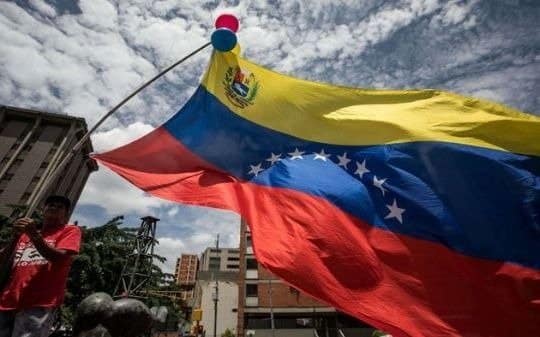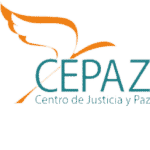Venezuela is going through one of the darkest moments in its history following the presidential elections of 28 July 2024. The post-election crisis in the country has been characterised by an increase in state repression, including arbitrary arrests and politically motivated persecutions, as well as the closure of civic space. Once again, the ruling group has imposed a state of terror on dissidents and those who defend freedoms, justice and democracy.
This agenda seeks to prevent democratic alternation. The democratic opposition, for its part, rejects the government’s attempt to perpetuate itself in power illegitimately and has irrefutable proof of its victory in the electoral process.
Civil society has played a key role in using international and multilateral spaces to channel its struggle for justice, democracy and respect for human rights through cooperation with bodies such as the United Nations. Civil society organisations have been pioneers in the implementation of early warnings about the Venezuelan situation and for the activation of international mechanisms, such as the International Independent Fact-Finding Mission. These mechanisms have managed to keep the Venezuelan crisis on the international agenda, generating international visibility and mobilising global support to ensure that violations do not go unpunished, while consolidating a network of cooperation and support from the international community that strengthens the defence of fundamental rights in Venezuela.
But now is the time to push for bold ideas in favour of democracy. The incremental strategy, with UN leadership and multilateral support to respond to the political crisis in Venezuela, proposes the activation of the UN Secretary General to develop bold diplomatic leadership to mediate the political crisis in Venezuela, mobilising an effective international response.
This proposal requires the broadest possible multilateral consensus, involving not only traditional actors, but also those who are immersed in other geopolitical visions. To this end, it is essential that countries with influence in the region and with relations with the Venezuelan government support a concerted move towards a stable political transition that guarantees respect for human rights, facilitating the construction of more inclusive and realistic agreements, and opening spaces for dialogue that favours a peaceful and lasting solution.
In this sense, the appointment of a Special Political Envoy by the Secretary General would be the starting point of this incremental strategy that would progressively activate the UN’s political mechanisms and raise the situation in Venezuela to the highest level of international discussion, laying the groundwork for the creation of a political mission supervised by the Security Council. This mission, with a broad mandate, would encompass not only mediation between the parties, but also the verification of electoral processes and the management of an eventual political transition.
This proposal has been elaborated on the basis of a process of consultation and reflection with different actors from civil society and the political world in Venezuela and the region, whose identity is protected taking into account the context of repression to which they are exposed in Venezuela.



